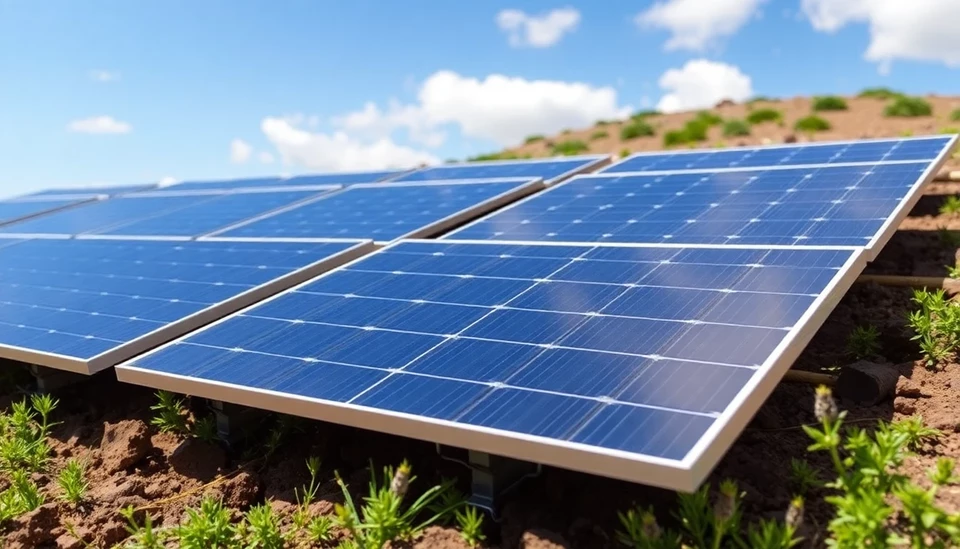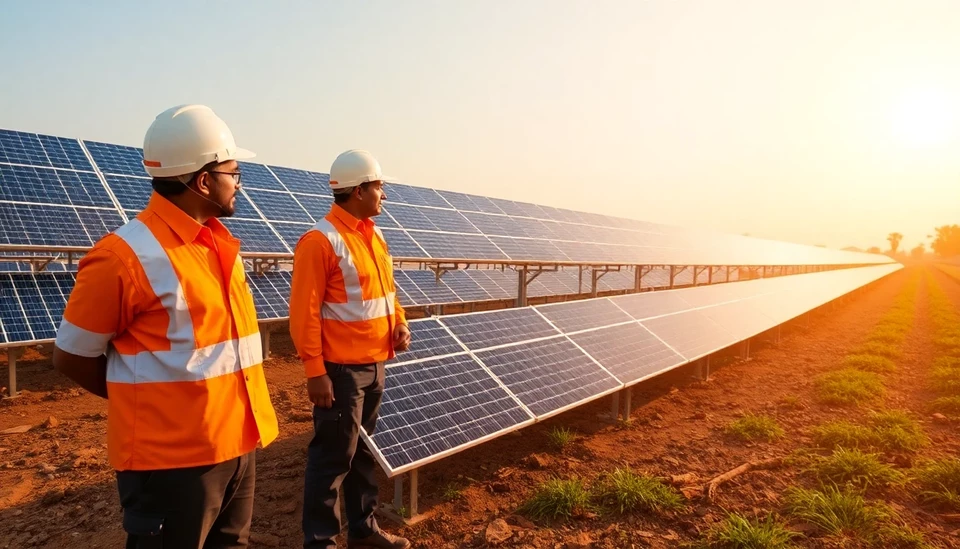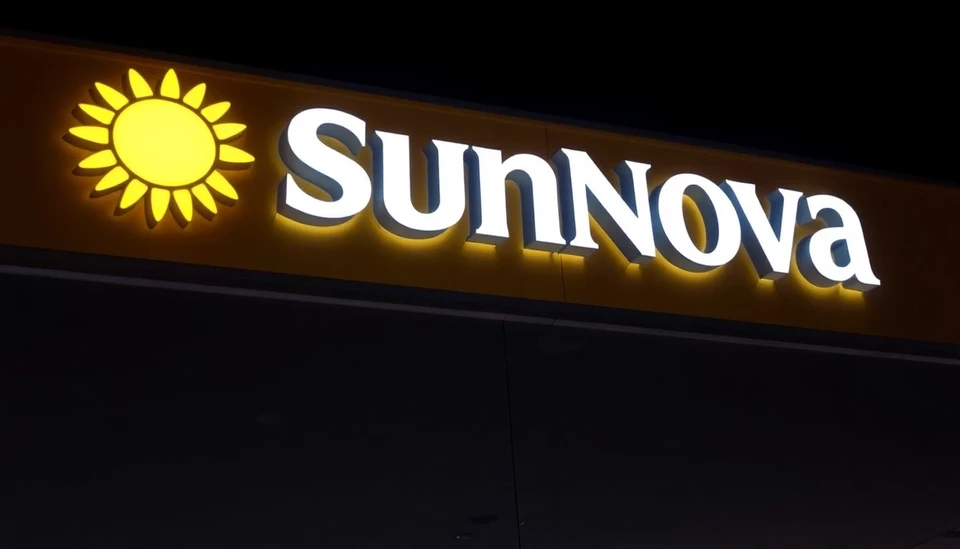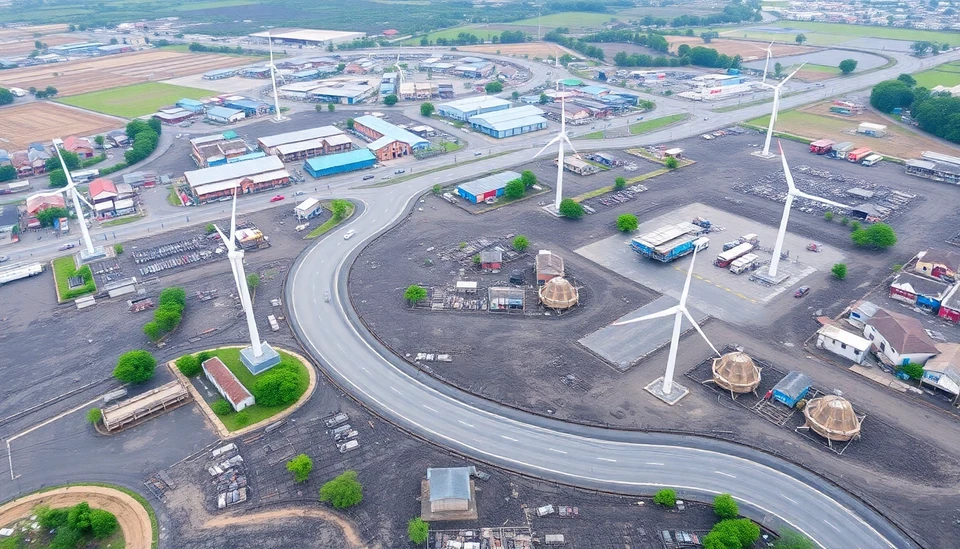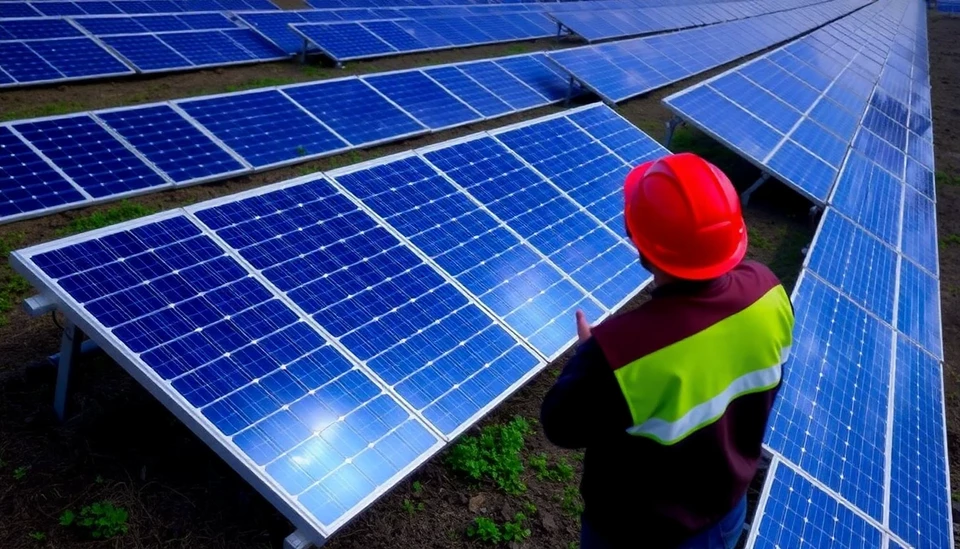
In a developing story for the US solar industry, companies are adopting a proactive approach to counter the potential repercussions of tariffs imposed by former President Donald Trump. These tariffs, aimed at solar panels and related equipment imported from abroad, have created an atmosphere of uncertainty for manufacturers and investors in the renewable energy sector. As solar firms scramble to protect their financial stability, their latest strategy involves stockpiling resources to address the fallout from these economic measures.
As the country continues to push towards renewable energy adoption, the solar sector stands at a critical juncture. With increasing scrutiny on climate change and the necessity of transitioning to sustainable energy sources, these tariffs introduce a significant challenge to the expansion of solar power. The solar firms are not only faced with higher costs due to these tariffs but also with potential supply chain disruptions that could hinder project completion timelines.
In response, many solar companies have started to stockpile solar modules and related components in advance of any tariff-related price hikes. This move is designed to insulate them from sudden increases in costs that would result from newly implemented tariffs. By gathering substantial inventories, companies hope to continue offering competitive prices and fulfilling customer demand without significant disruption.
Industry analysts note that this preemptive hoarding strategy may not only safeguard individual businesses but also stabilize the broader market by preventing drastic price increases that could deter investment in solar infrastructure. Moreover, companies that manage to maintain steady supply levels may find themselves in a stronger position relative to competitors that are unable to navigate the challenges presented by the tariffs.
The stimulative effect of this inventory accumulation may also play a crucial role in maintaining customer confidence, as companies can assure clients of their ability to deliver products and services without delays that could stem from tariff impacts.
However, while this strategy helps in the short term, the long-term implications of the tariffs remain uncertain. Stakeholders in the solar industry are advocating for more permanent solutions, including possible lobbying for tariff revisions or exemptions that could alleviate the burden on domestic solar companies. Many are calling on policymakers to recognize the importance of the solar industry not just as an economic engine, but as a critical player in the fight against climate change.
As this situation unfolds, the solar industry continues to closely monitor developments regarding tariffs and their potential repercussions. The ongoing dialogue around renewable energy policies will undoubtedly shape the future trajectory of solar manufacturing and installation across the United States.
In conclusion, while the immediate future holds challenges for the US solar sector due to tariffs, companies are leveraging strategic stockpiling to navigate the headwinds. The hope among stakeholders is that through collaboration and advocacy, a more favorable policy environment can be fostered to support the growth of solar energy in America.
#SolarEnergy #Tariffs #Trump #RenewableEnergy #SolarIndustry #ClimateChange #EnergyTransition
Author: Megan Clarke

